The fest will open with senior citizens' rock n' roll chorus documentary Young@Heart - Stephen Walker's UK film which also screened in Sundance; and close with actor/director Tom McCarthy's film The Visitor, which film screened in Toronto and went from a four-screen release to 224 in six weeks.
Programmer Jeon Jin-soo commented, 'Last year's opening film Once [a word-of-mouth sleeper hit in Korea] became such a success in theatres with high album sales, that there was a lot of pressure in selecting the opening and closing films.'
Film music composer and the festival's founding director Cho Sung-woo said, 'We are proud to have discovered and cultivated new talent, and are solidifying our unique position as a music specialty film festival with this new World Music Film Today competition section and a pre-production support fund. We are also striving to redress neglected history. This year we are awarding the late Jeon Jung-geun (The Marines Who Didn't Come Home, The Geisha Of Korea), who composed music for 430 films in the 60s and 70s.'
The festival will screen 82 films from 30 countries August 14 - 19. JIMFF takes place in the city of Jecheon, about two hours south of Seoul by car. With its forest parks, lake, mountains, famous temple and traditional village, the city has often been a location for TV drama and film shoots - including the upcoming period piece The Divine Weapon.
The fest will continue to hold the New Artist Discovery contest in which five selected teams of musicians play on the streets of Jecheon and the winner is given an album deal. Last year's winner Cosmos Hippies opened yesterday's press conference to high praise.
A jury (to be announced) will award a $10,000 prize and a $5,000 prize to two films in the inaugural competition section. This will include US animation Sita Sings The Blues by Nina Paley, Taiwanese documentary Stars by Hsu Ming-chun, and Slovenian comedy Tractor, Love & Rock n' Roll by Branko Djuric.
The pre-production support fund, created to cultivate music films and create an international network of filmmakers, will provide up to 60% of a film's budget, up to a maximum of $20,000 and provide post-production services including music recording and sound mixing. In addition, if 30% or more of the film's shooting occurs in Jecheon, the city will provide support for food and accommodations.
JIMFF also holds the Jecheon Film Music Academy which comprises lectures and forum discussions with directors and music composers such as Hur Jin-ho (One Fine Spring Day) and Peter Kam, who won the Best Music award at Berlin for Pang Ho-Cheung's Isabella.
'We screen all sorts of films in which music plays an important role, not just musicals,' said programmer Jung Woo-jung. 'There is no academic definition of a music film, and we're looking to discuss that here, highlighting the advent of sound in Hollywood films, starting with the first talkie, The Jazz Singer, in 1927 through to the 1940s.'
Performances around the city throughout the festival will include a concert by Ulrich Kodjo Wendt and Anne Wiemann set to the 1934 Russian silent film Happiness, and top groups such as Jaurim, DJ DOC & Buda Family, and MAU Project, a band of African and Japanese free jazz musicians.




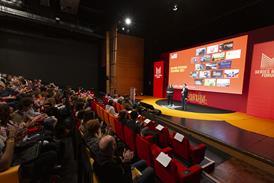
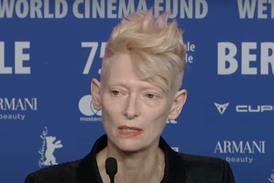
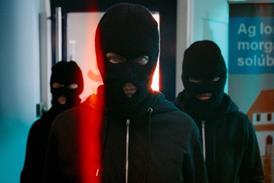
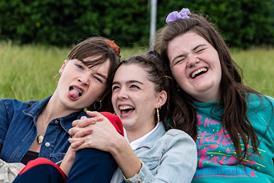





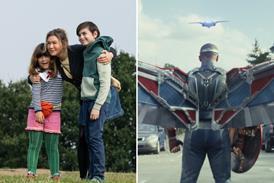
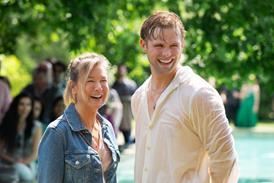

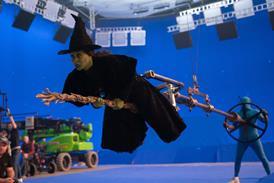
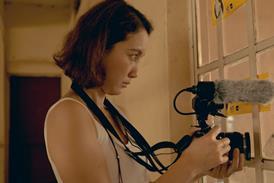




No comments yet